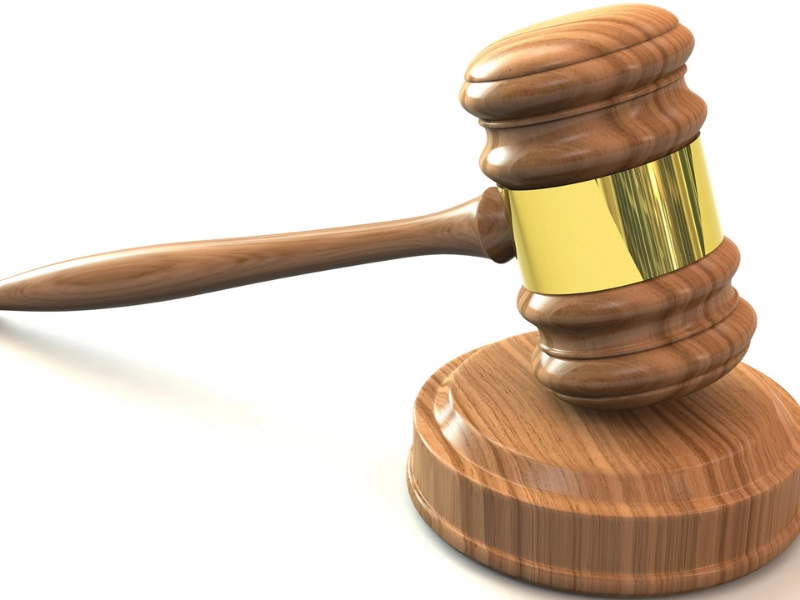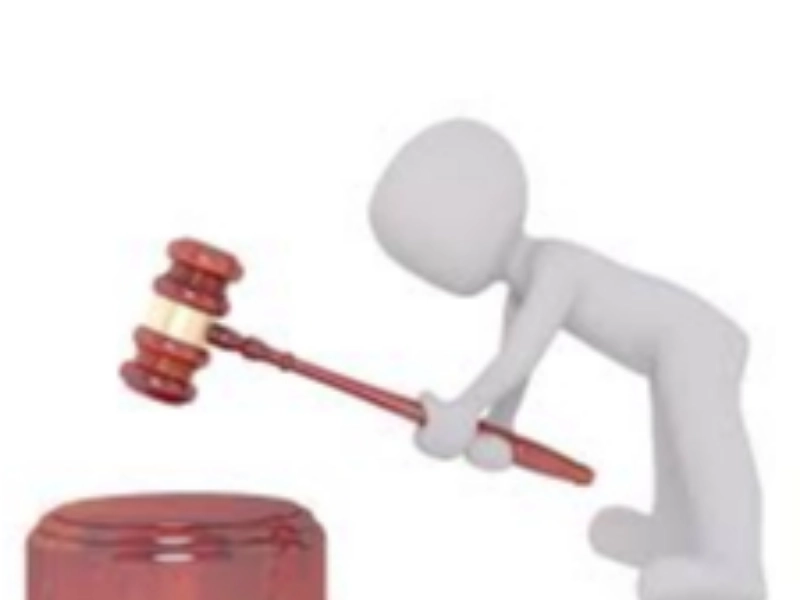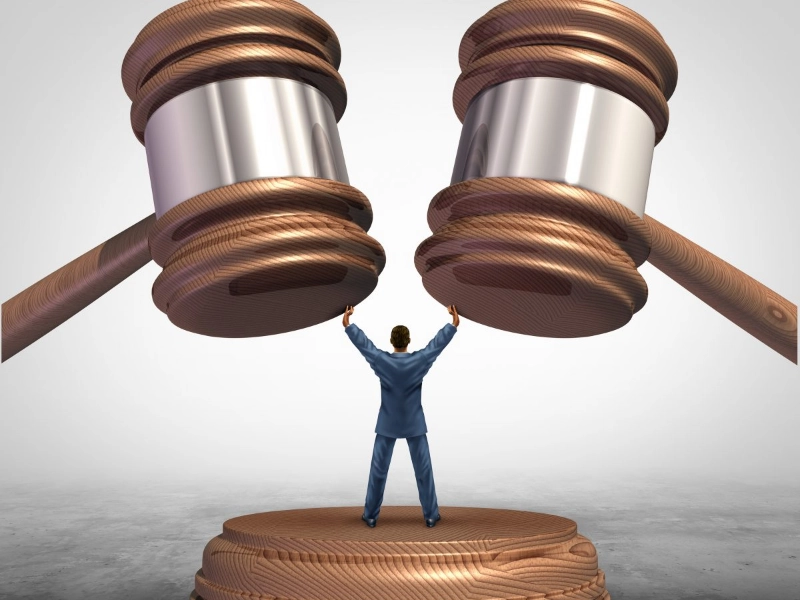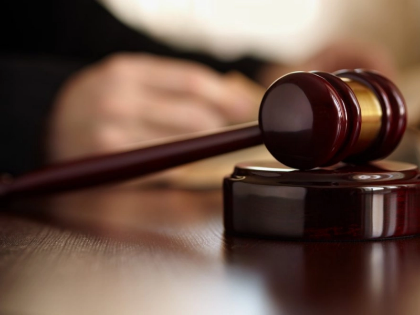The Right and Wrong Ways to Draft a Will: Legal Advice
A will is an essential component of any estate plan. It will assist in making sure that, upon your passing, your property is divided in accordance with your preferences.
While you can draft your own will, it's usually advisable to consult a financial specialist. This will assist you in navigating the procedure and avoiding typical errors that could have serious repercussions.
1. Take care of the executor.

The executor is the person you choose in your will to manage the distribution of your assets and the probate process. The candidate should be a meticulous person who can follow directions and maintain well-organized records.
It is advised that you select a professional, a trusted friend, your spouse, or your adult child. Your executor shouldn't be a family member, because this could lead to animosity and conflict among your heirs after your passing.
Make a list of everything you own, including assets like life insurance policies and investment accounts with transfer-on-death provisions that are owned but not titled in your name. Your will should contain this information, but any prior arrangements you may have made with beneficiaries regarding these kinds of investments are not superseded by this section of the document. Don't forget to designate a guardian for any minor children. You absolutely do not want the court to decide who gets to parent your kids.
2. Take care of the beneficiaries.

Even though it's customary to designate a single beneficiary for each item in your will, it's crucial to consult with beneficiaries and heirs prior to writing your will to make sure they understand your goals. It's also crucial that you keep your beneficiaries informed on a regular basis, particularly following significant life events.
A designated beneficiary is often attached to assets like life insurance policies, retirement plans, and investment accounts. This beneficiary takes precedence over whatever instructions you specify in your will. If you don't check these beneficiaries and the incorrect person is nominated, this could lead to problems.
It's also crucial to remember that leaving any property to a beneficiary may make it more difficult for them to qualify for government assistance programs if they have specific needs. Because of this, it is advised that you speak with an attorney to decide how to handle particular situations. To prevent issues, this involves creating a special needs trust. This can be accomplished through a power of attorney or trust, or it can be done in addition to your will.
3. Consider the tax ramifications.

While dividing up your possessions, there are a number of tax ramifications to think about. It's crucial to get legal counsel on this matter from a lawyer or other qualified expert.
Making an inventory of your possessions and compiling an extensive inventory of your personal belongings is also essential. By doing this, you can make sure that everything is allocated according to your wishes and avoid confusion or disagreements. An annex to your will that contains a list of your tangible personal goods can do this.
Updating your will as soon as significant changes occur in your life is a smart idea. If you don't, there may be misunderstandings about your intentions and maybe legal problems. Your family may have to deal with these issues emotionally, in addition to losing time and money. You can make sure your will is exact and unambiguous by consulting a legal expert. Your loved ones will have peace of mind after you pass away because of this.
4. Pay attention to how you divide up your assets.

Anyone who wishes to decide how their fortune is distributed after death cannot avoid making a will. If you pass away without a will, state law—rather than your family's wishes—determines what happens to all of your possessions, from priceless mementos to substantial investments.
A thorough inventory is required to guarantee that your assets are disbursed in accordance with your intentions. This should cover all of your personal belongings, assets, bank accounts, high-grade bonds, and shares. Furthermore, it's critical to specify your beneficiaries precisely. Both primary and contingent beneficiaries are covered by this. Include any directions for a funeral or burial, along with any charitable donations, if applicable.
It's also advised that you frequently update your will to take into account your present situation. This is particularly crucial following significant life events like marriage, divorce, or having children. Additionally, it is usually a good idea to have a lawyer examine your will.










